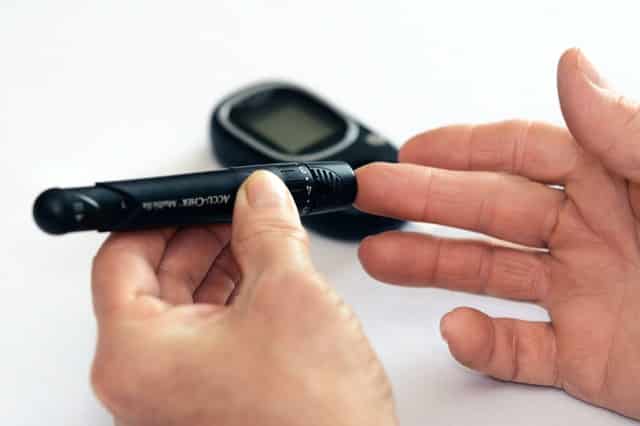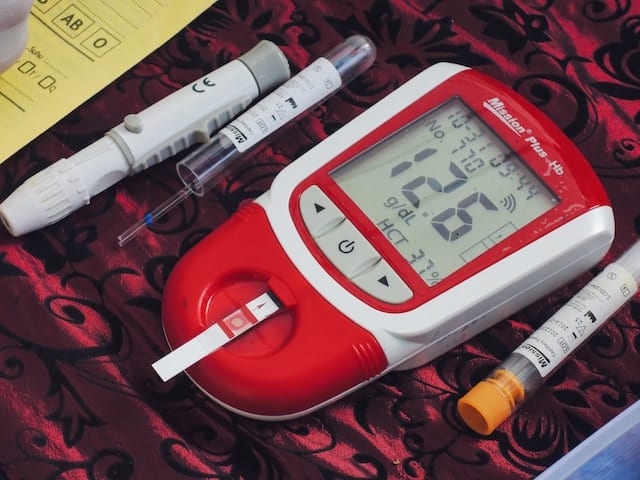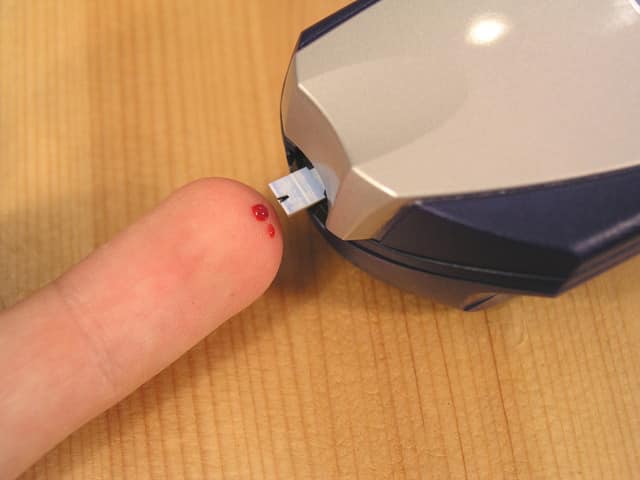Should You Wear a Medical Alert Jewelry if You Have Diabetes?
Over 95% of medical professionals look for a medical ID during an emergency, which is great news if you have diabetes or another condition they should know about. These doctors search for such a device either on the patient’s wrist or their neck to find important health information. You can find aspects such as blood type, advanced directives, the presence of a stent or pacemaker, allergies, and diabetes. These devices are of incalculable value when one has lost consciousness and cannot inform their doctor of their conditions or wishes. Why should you consider wearing medical alert jewelry devices if you have diabetes?
Providing Emergency Care
Experts in the medical alert devices field recommend that people with conditions such as diabetes use them. This is because the emergency treatment of conditions like diabetic ketoacidosis (DKA) and hyperglycemic hyperosmolar state (HHS) require very specific means of evaluation and stabilization. Primarily because an event such as a hyperglycemic crisis can have similar symptoms to infection, infarction, cocaine use, and other causes. Moreover, specific therapies are required to deal with issues like DKA and HHS. Those with DKA, for instance, would need insulin to reverse ketoacidosis, while those with HHS would need fluid resuscitation first. The faster doctors can eliminate unrelated causes, the quicker they can provide emergency care.
Medical Alert Jewelry Comes in a Range of Designs
Cutting-edge companies are bridging the gap between fashion and medicine with designs that emulate current trends. Currently, this type of device comes in a plethora of forms. These include watch bands, embellished chains, twisted chains, beaded necklaces and bracelets, and ‘dog tag’ necklaces. The latter is a popular fashion item for both men and women and it was first popularized in the army. However, today, one specific type of ‘dog tag’—the red medical alert tag—stands apart from standard tags. Medical professionals know that a red tag means that the wearer has a medical condition that can impact the treatment its wearer needs.
Medical Alert Jewelry is Easier to Spot than Medical Alert Tattoos
Tattoos indicating one has diabetes are growing in popularity and while they can be of aid, they are less likely to be noticed by emergency personnel unless they are on a very obvious part of the body. In the case of an accident, however, they can be difficult to spot. Jewelry, on the other hand, is easy to look for; it simply involves an inspection of the wrists and neck. There is a second downside to tattoos. As stated in a study published in Diabetes Care Journals, people with Type 1 and Type 2 diabetes have a significantly higher risk of developing any type of infection. Generally, high blood sugars can interfere with the body’s ability to heal. Finally, tattoos are a permanent choice. Those who have not made up their mind can be more attracted to the wide range of styles that medical jewelry comes in.
Many medical professionals recommend the use of medical alert tags for people with diabetes. Wearing this type of jewelry can enable professionals to make a faster diagnosis, which can save lives. Medical alert jewelry is also trending, with dog tags, beaded bracelets, and gold chains being particularly popular. Finally, medical alert tags are a temporary accessory that can be changed along with one’s tastes.







